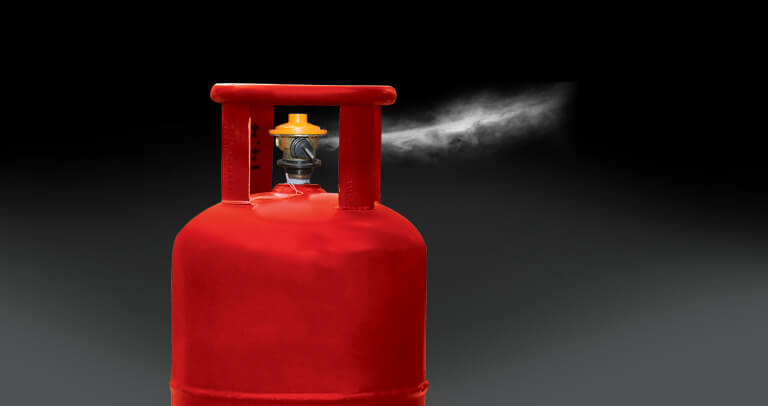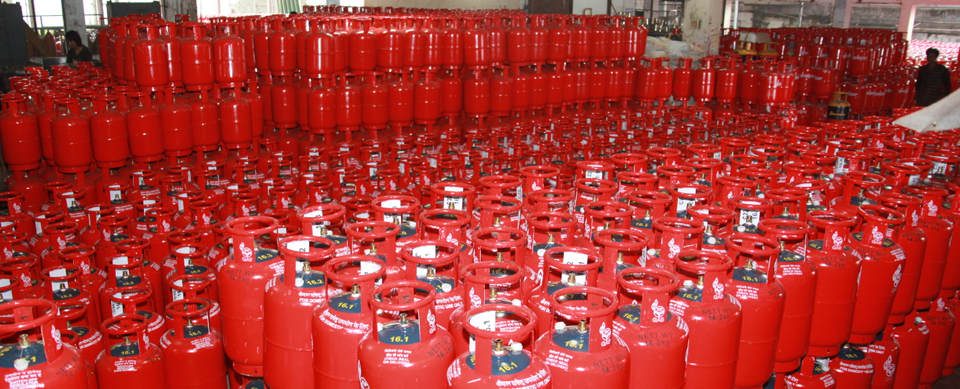
Complete Information on Starting Your Own LPG Gas Dealership – Learn More Today!
We're always looking to connect with those who share an interest in a sustainable future.
Book A AppointmentBook An Appointment Online

How to Open an LPG Gas Dealership in 2024?
The LPG gas dealership business plays a crucial role in providing cooking fuel to households and industries. This business is characterized by consistent demand, making it a stable investment opportunity for aspiring entrepreneurs.
-
High Demand
LPG is widely used for cooking and heating, ensuring a steady customer base in both urban and rural areas.
-
Technological Advancements
Modern LPG distribution systems enhance safety and efficiency, providing a better experience for both dealers and customers.
-
Strategic Expansion
Once established, there are opportunities to expand your dealership by adding additional services or locations, further enhancing growth.
| Aspect | Details |
|---|---|
| Location | High-traffic areas, close to residential neighborhoods, easily accessible for customers. |
| Investment | Includes land acquisition, construction, equipment, and necessary licensing fees. |
| Licensing | Obtain permits from local authorities, including safety and environmental clearances. |
| Partnership | Collaborate with established LPG suppliers and meet their operational criteria. |
| Infrastructure | Modern gas distribution equipment, storage facilities, and safety systems. |
| Staffing | Hire and train staff for efficient operations, customer service, and safety protocols. |
| Marketing | Implement marketing strategies to attract customers and promote excellent service. |
| Compliance | Adhere to all local regulations and safety guidelines related to LPG distribution. |
LPG Gas Dealership Revenue Streams
LPG Cylinder Sales
Revenue generated from the sale of LPG cylinders for cooking and heating.
Potential Earnings: ₹1,50,000 per month (for 500 cylinders with ₹30 margin per cylinder)
Refill Sales
Revenue from refilling empty LPG cylinders at competitive rates.
Potential Earnings: ₹1,00,000 to ₹2,50,000 per month
Home Delivery Services
Charge for delivering LPG cylinders directly to customers' homes.
Potential Earnings: Varies; ₹20 to ₹100 per delivery
Safety Equipment Sales
Sales of safety products such as gas detectors and regulators.
Potential Earnings: ₹10,000 to ₹50,000 per month
Loyalty Programs
Programs offering discounts or rewards to loyal customers.
Potential Earnings: Increased sales from repeat customers
Rental Income
Lease space for ads, food outlets, or other services.
Potential Earnings: ₹10,000 to ₹50,000 per month
LPG Gas Dealership Essentials
Documents Required
| Business Registration Certificate |
| Proof of Identity (Aadhaar, PAN Card) |
| Proof of Address (Utility Bills, Lease Agreement) |
| No Objection Certificate from the Fire Department |
| Environmental Clearance Certificate |
| Land Ownership/Lease Documents |
| Bank Account Statement |
| Business Plan |
| License for Operating an LPG Dealership |
| Insurance Policy |
Eligibility for LPG Gas Dealership
| Minimum Age: 21 years |
| Educational Qualification: 10th Grade or equivalent |
| Financial Stability: Proof of sufficient funds for initial investment |
| No Previous Criminal Record |
| Adequate Land: Specific land requirements depending on location |
| Experience in Retail or Relevant Business (preferable) |
| Compliance with Local, State, and National Regulations |
Cost to Open an LPG Gas Dealership
| Expense Category | Approximate Cost |
|---|---|
| Land Acquisition | Varies based on location (High for urban areas) |
| Construction and Setup | ₹8-12 Lakhs (includes building, storage, and distribution setup) |
| Licensing and Permits | ₹1-3 Lakhs (depends on local regulations) |
| Initial Inventory (LPG Cylinders) | ₹10-30 Lakhs (depends on capacity and cylinder size) |
| Equipment and Technology | ₹3-8 Lakhs (for distribution equipment and safety systems) |
| Insurance | ₹2-5 Lakhs (for comprehensive coverage) |
| Operational Costs | ₹4-8 Lakhs (initial operating costs including staff salaries) |
| Miscellaneous Expenses | ₹1-2 Lakhs (contingencies and unforeseen costs) |
Note: Costs can vary widely depending on location, size of the facility, and regulatory requirements.
Land Requirements for Opening an LPG Station
To set up an LPG station in 2024, the following land requirements must be met:
- Highways: A minimum of 1200 to 1600 square meters of land is needed if the LPG station is located on a State or National Highway.
- Urban Areas: For urban or city locations, at least 800 square meters of land is required.
Additional requirements include:
- Property Documentation: Complete documents proving ownership and details of the property must be provided.
- Land Map: A detailed map of the land must be submitted.
- Land Type: The land should be non-agricultural. If the land is leased, a No Objection Certificate (NOC) from the owner is needed, along with a valid electricity connection.
- Green Belt Areas: If the land is classified as a Green Belt, it is ineligible for setting up an LPG station.
- Lease Agreement: If the land is leased, a formal lease agreement must be in place.

FAQ | Frequently Asked Questions
Have Questions?
Contact Us
If you have any questions or need more information, please contact us using the details below.
Head Office Address
17C, SHIV SHAKTI INDUSTRIAL ESTATE, LBS MARG, GHATKOPAR WEST, Mumbai Suburban, Maharashtra, 400086
Email Us
info@gasagencystation.co.in